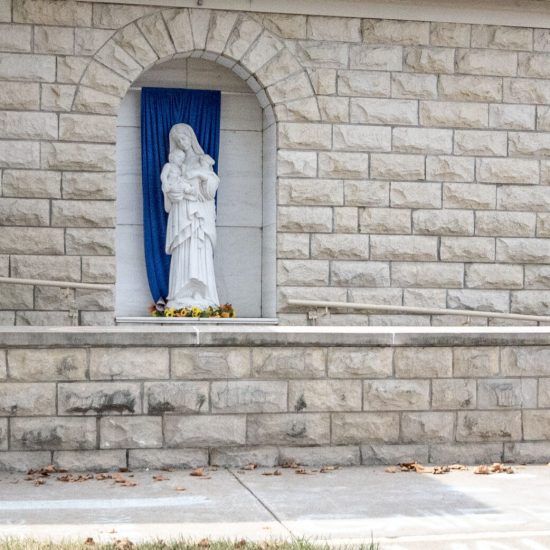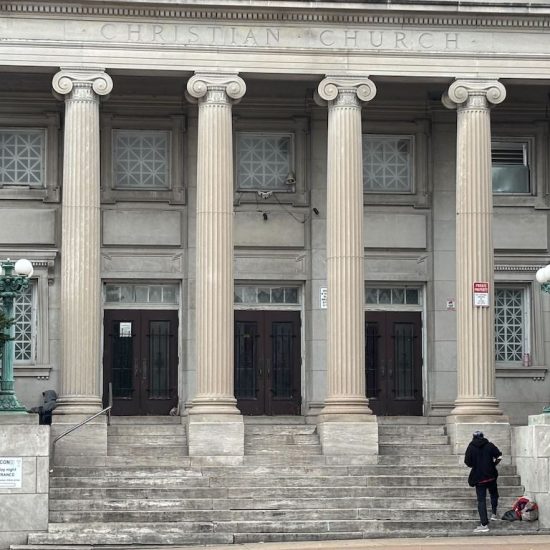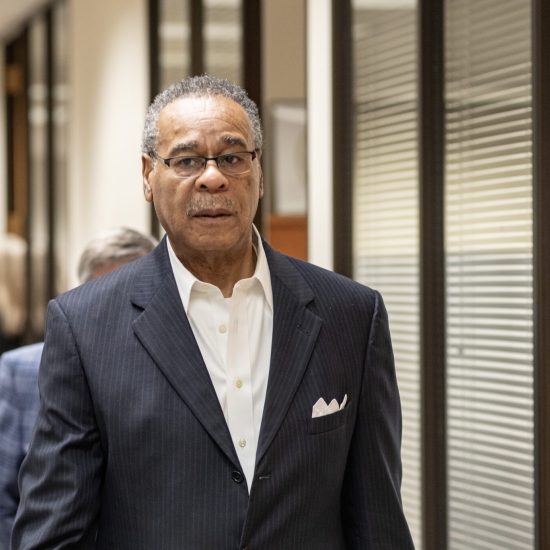Windermere Baptist Conference Center acted within its legal rights when it changed its articles of incorporation, the appellate court ruled Feb. 3. That unanimous decision by a three-judge panel upheld a lower court’s March 4, 2008, ruling in a nearly seven-year legal battle.
The appeals are the most recent actions the MBC took against Windermere, The Baptist Home, Missouri Baptist University, Word&Way and the Missouri Baptist Foundation in an effort to force the entities to rescind changes they had made in their corporate charters. The Home changed its articles of incorporation in 2000 to elect its own trustees. The other four took the same action in 2001. The convention filed suit on Aug. 13, 2002.
Cole County Circuit Court Judge Richard Callahan’s ruling almost a year ago centered on two main aspects of the convention’s contention — corporate membership and a contractual relationship with Windermere. The judge ruled the MBC is not a member of Windermere’s corporation and that no contract exists between the two entities.
In their opinion, Western District Chief Justice Thomas Newton, Judge Joseph Dandurand and Judge James E. Welsh upheld Callahan’s ruling that the MBC is not a member of the conference center’s corporation. The justices noted that Windermere’s articles of incorporation clearly state that the center would have no members. Missouri law requires not-for-profits to state whether or not the corporation will have members.
“Windermere’s articles of incorporation clearly and unambiguously state that the corporation shall have no members,” the justices ruled.
The MBC had argued that it was a member because Windermere had allowed the convention to elect the conference center’s trustees, but the court ruled that the privilege to elect trustees did not create member status.
Also, justices noted, the convention should have been aware of the no-member clause. “[W]e find it disingenuous for the Convention to claim that it is a member of Windermere given that the Convention, at its 2000 Annual Meeting, ratified Windermere’s articles of incorporation and authorized the transfer of assets and liabilities to Windermere,” the panel wrote.
Messengers were given a copy of the articles and were given an opportunity to comment on them before voting.
Justices also turned down the MBC’s contention that its rights were protected even if the convention was not a member. The court ruled that any rights granted under the original charter were not irrevocable rights. The convention had no standing — legal right — to challenge Windermere’s power to act since the MBC is not a member of the center’s corporation, the court added.
Justices noted the convention could have protected its rights when its own agents drafted the original articles and when messengers ratified them, but it did not do so.
Justices upheld the lower court ruling that Windermere would retain its assets. The convention had failed to ask the circuit court to rescind agreements the MBC made granting assets to the center in 2000. Instead, the appeals court noted, the convention had asked that Windermere’s 1,300 acres be returned if Windermere’s charter changes were rescinded.
Although not part of its original appeal motion, the MBC asked the justices to consider the lower court’s dismissal of the convention’s claim that Windermere, the other four entities and several individuals — including former MBC Executive Director Jim Hill —had conspired to remove Windermere from convention control.
“The Convention’s allegations of so-called actions, agreements, and conspiracy, however, are vague and insufficient,” the justices wrote.






